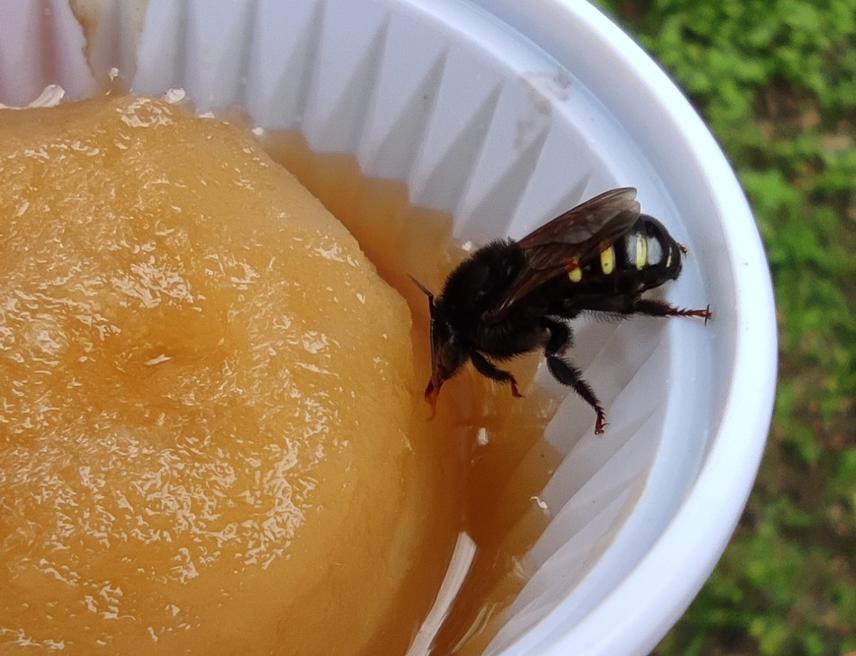Mariana Victorino Nicolosi Arena
Contemporary urban ecology views cities as heterogeneous and dynamic ecosystems, composed of biotic, physical, social, and man-made systems, whose boundaries extend to and interact with natural and cultural landscapes. In this context, urban beekeeping (which throughout this article refers to beekeeping of stingless bees only)—whether for the production of honey and marketable products, for conservational and educational purposes, or even as a leisure activity—stands out as a growing practice that demands further study. Many species of stingless bees (Meliponini tribe) have adapted to urban areas, while others are more sensitive. The composition of the surroundings where the meliponary is located is of vital importance for its success, and the distribution of resources for foraging is a fundamental factor for the population dynamics of bees. Both the composition of the surroundings and the distribution of resources for foraging are essential to the establishment and maintenance of meliponaries in the long term, in terms of both the health of the nests, the bees, and the quality of the products they produce.

Mandaçaia bee (Melipona quadrifasciata) collecting sugar syrup. © MSc Mariana V. N. Arena.
The project aims to identify the main parameters of the urban landscape that affect the activity of stingless bees and the quality of the honey they produce. For this, experiments will be carried out in 15 meliponaries in the city of São Paulo, using nests of Melipona quadrifasciata (mandaçaia), an important species of stingless bees native to the Atlantic Rainforest. The travel time of bees in the landscape and the amount of polluting particles present in the honey they produce will be related to the landscape parameters surrounding the meliponaries, with special consideration to the green areas and urban trees, roads, and the flow of vehicles and buildings. At the end of the project, the aim is to produce results that support public policies for the conservation of urban biodiversity and for the practice of beekeeping as a social and economic activity.
Header: Bee Lab, Biosciences Institute, University of São Paulo - São Paulo, SP, Brazil. © MSc Mariana V. N. Arena.